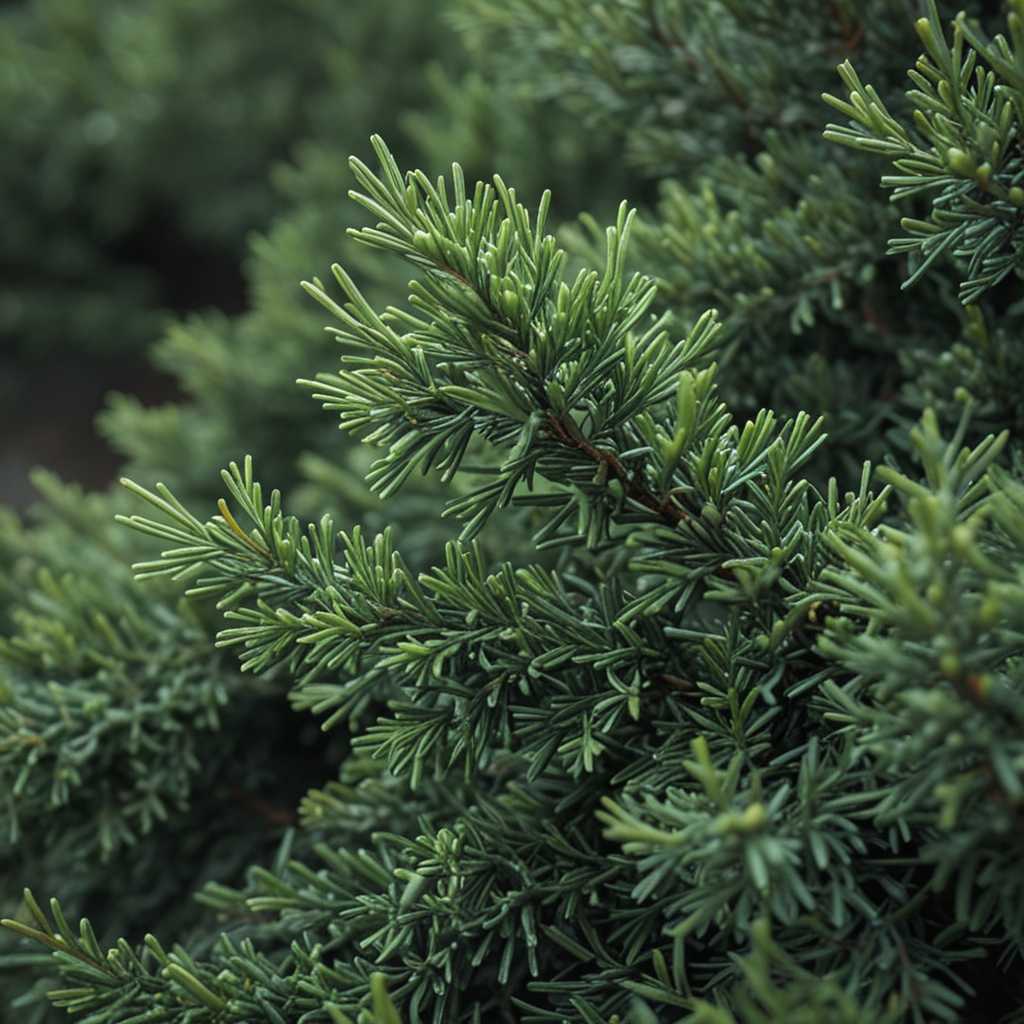10 Best Juniperus Oxycedrus Preparations

The best medicinal preparations of Juniperus oxycedrus are teas, decoctions, tinctures, capsules, and oils, each offering unique benefits for health and wellness.
Teas made from dried berries or leaves are commonly used to support urinary health and reduce inflammation.
Decoctions, which involve boiling the plant material, are valued for their potent concentration of active compounds.
Tinctures provide a concentrated form of the herb for easy dosing, while capsules offer a convenient and standardized option.
Essential oils derived from Juniperus oxycedrus are also used in aromatherapy and topical applications for their antiseptic and stimulating properties.
Below there's a list of the 10 best herbal preparations of juniperus oxycedrus for medicinal purposes.
1. Teas
Juniperus oxycedrus teas is commonly used to support urinary tract health, alleviate digestive discomfort, and promote detoxification.
This herbal preparation is traditionally used to treat ailments such as urinary tract infections, kidney stones, and digestive issues like bloating and indigestion. The bioactive constituents responsible for its medicinal properties include essential oils, flavonoids, tannins, and phenolic compounds, which exhibit antimicrobial, anti-inflammatory, and diuretic effects. These compounds help in reducing inflammation, fighting infections, and supporting the elimination of toxins from the body.
Due to its potent properties, Juniperus oxycedrus tea is also believed to aid in weight management and improve overall metabolic function.

2. Decoctions
Juniperus oxycedrus decoctions is commonly used to treat urinary tract infections, kidney stones, and digestive issues due to its diuretic and anti-inflammatory properties.
These decoctions are also utilized in traditional medicine to alleviate symptoms of arthritis and respiratory conditions such as bronchitis. The most common ailments addressed include urinary tract infections, kidney disorders, and gastrointestinal discomfort. The bioactive constituents responsible for these effects include terpenes, flavonoids, and essential oils, which possess antimicrobial, anti-inflammatory, and antioxidant properties.
These compounds contribute to the plant's ability to support urinary and digestive health.

3. Tinctures
Juniperus oxycedrus tinctures is commonly used to treat urinary tract infections, arthritis, and digestive issues due to its antimicrobial and anti-inflammatory properties.
These tinctures are also utilized in traditional medicine to alleviate symptoms of gout and rheumatism. The most common medicinal uses include addressing kidney stones, urinary tract infections, and inflammatory conditions. The bioactive constituents responsible for these effects include essential oils such as pinene and camphene, as well as flavonoids and terpenes.
These compounds contribute to the plant's diuretic, antiseptic, and analgesic properties.

4. Capsules
Juniperus oxycedrus capsules is commonly used to support urinary tract health, alleviate digestive issues, and promote detoxification.
This herbal preparation is often employed to treat ailments such as bladder infections, kidney stones, and gastrointestinal discomfort. The most common medicinal uses include addressing urinary tract infections, reducing inflammation, and supporting liver function. The bioactive constituents responsible for its medicinal properties include flavonoids, terpenes, and essential oils, which possess antimicrobial, anti-inflammatory, and diuretic effects.
These compounds contribute to the plant's traditional use in herbal medicine for its cleansing and healing properties.

5. Oils
Juniperus oxycedrus oils is commonly used to treat urinary tract infections, digestive issues, and respiratory conditions due to its antimicrobial and anti-inflammatory properties.
The oil is often applied topically for muscle pain and inflammation, and it is also used in aromatherapy to relieve stress and improve mood. Common ailments addressed include bladder infections, kidney stones, and gastrointestinal discomfort. The bioactive constituents responsible for these effects include monoterpenes, sesquiterpenes, and phenolic compounds such as pinene, camphor, and flavonoids.
These compounds contribute to the oil's antibacterial, antifungal, and analgesic properties.

7. Syrups
Juniperus oxycedrus syrups is commonly used to treat respiratory tract infections, urinary tract infections, and digestive disorders.
The syrup is traditionally employed for its antimicrobial, anti-inflammatory, and diuretic properties, making it effective against ailments such as coughs, bronchitis, kidney stones, and gastrointestinal discomfort. The bioactive constituents responsible for these effects include essential oils like pinene and camphor, as well as compounds such as flavonoids, terpenoids, and phenolic acids, which exhibit antioxidant and antimicrobial activities. These components work synergistically to support immune function and reduce inflammation in the body.
Due to its therapeutic potential, Juniperus oxycedrus syrup remains a valued remedy in traditional and complementary medicine.

8. Lozenges
Juniperus oxycedrus lozenges is commonly used to treat respiratory and throat infections, such as sore throat, cough, and bronchitis, due to their antimicrobial and anti-inflammatory properties.
These lozenges are also used to alleviate symptoms of colds and flu by soothing irritated mucous membranes. The most common medicinal uses include addressing respiratory tract infections, digestive issues, and urinary tract disorders. The bioactive constituents responsible for these effects include essential oils, flavonoids, tannins, and phenolic compounds, which exhibit antimicrobial, antioxidant, and anti-inflammatory activities.
These components work synergistically to provide therapeutic benefits and support the body's natural healing processes.

9. Creams
Juniperus oxycedrus creams is commonly used to treat skin conditions, joint pain, and inflammatory disorders due to their antiseptic, anti-inflammatory, and analgesic properties.
These creams are frequently applied for ailments such as eczema, psoriasis, arthritis, and muscle soreness. The bioactive constituents responsible for these effects include terpenes, flavonoids, and essential oils, which exhibit antimicrobial, anti-inflammatory, and antioxidant activities. Additionally, the presence of compounds like cineole and alpha-pinene contributes to its soothing and healing effects on the skin.
This herbal preparation is valued in traditional medicine for its natural and holistic approach to health and wellness.

10. Juices
Juniperus oxycedrus juices is commonly used to treat urinary tract infections, kidney stones, and digestive issues due to its diuretic and anti-inflammatory properties.
It is also used to alleviate symptoms of arthritis and as a general tonic to improve overall health. The most common medicinal uses include treating urinary tract infections, kidney stones, digestive disorders, and inflammatory conditions. The bioactive constituents responsible for these effects include flavonoids, terpenes, phenolic acids, and essential oils, which exhibit antimicrobial, anti-inflammatory, and antioxidant activities.
These compounds contribute to the plant's ability to support urinary and digestive health.
